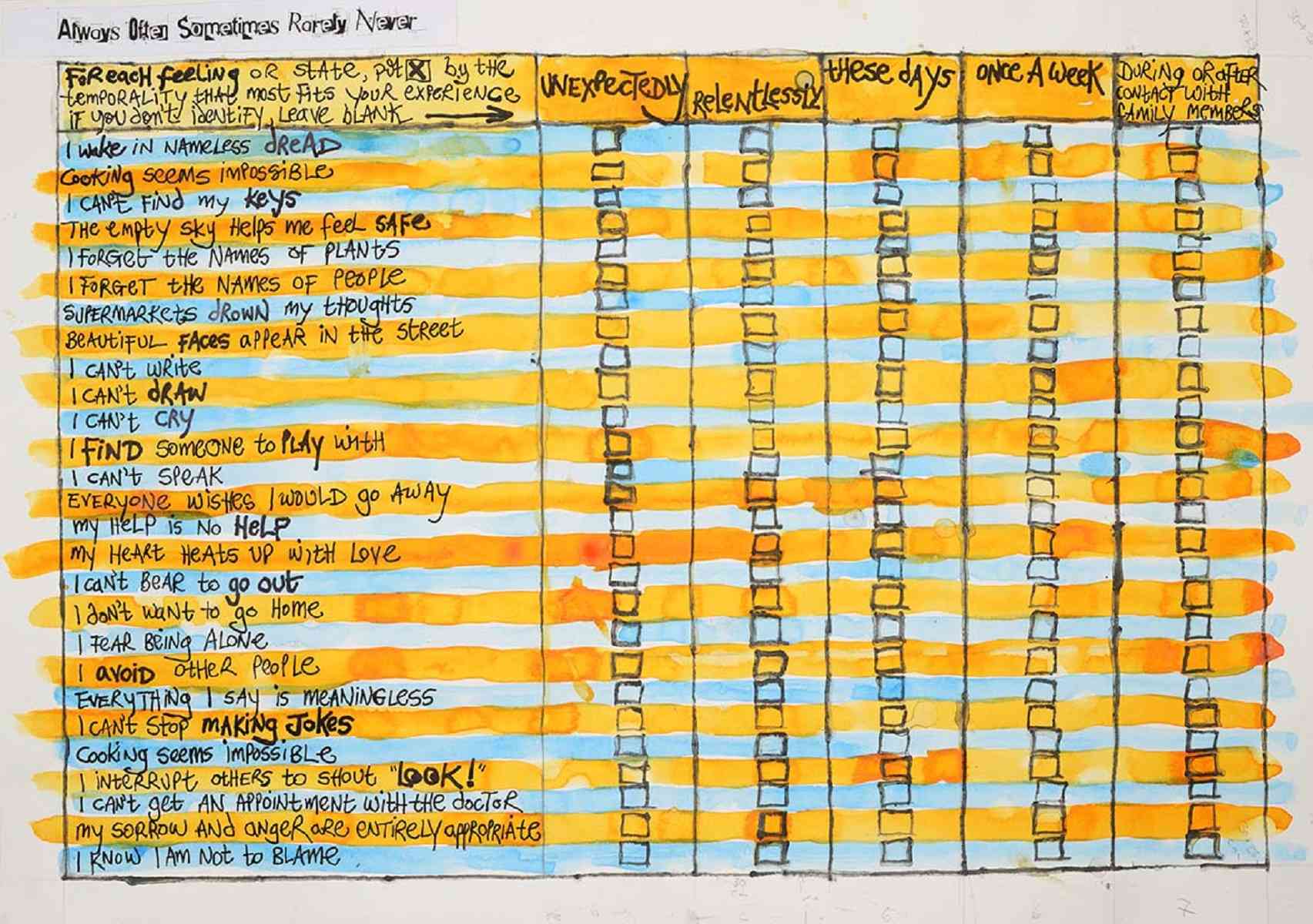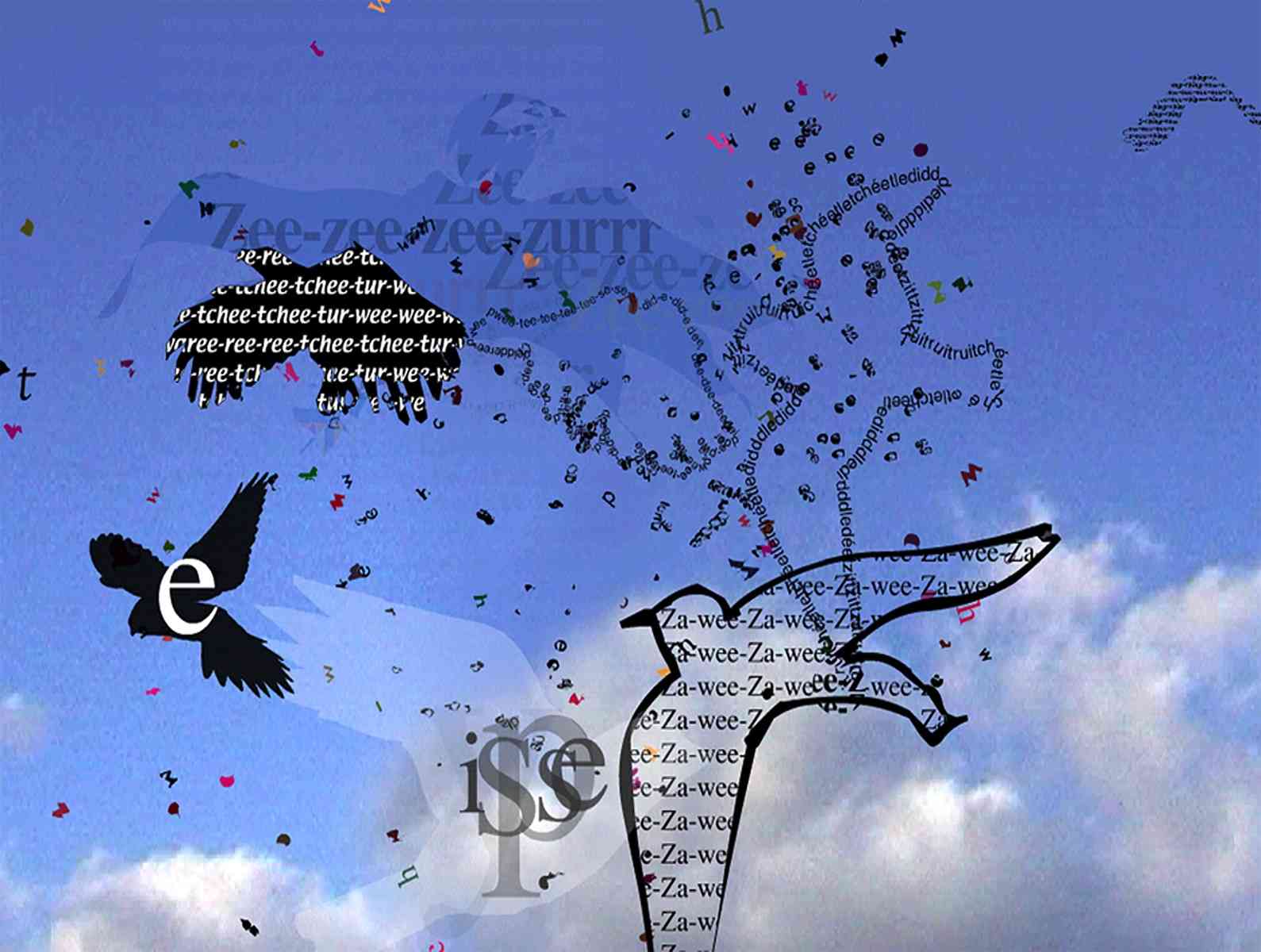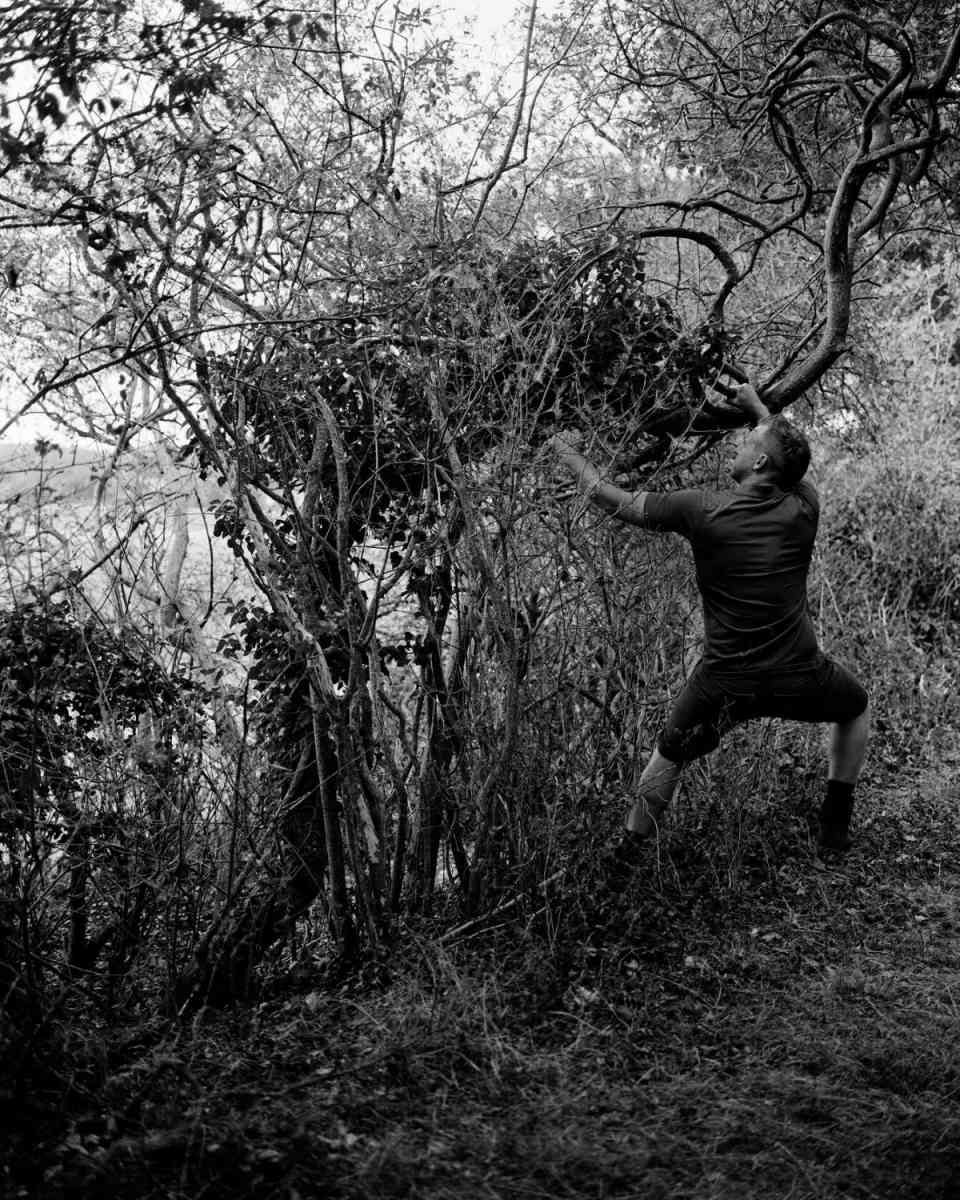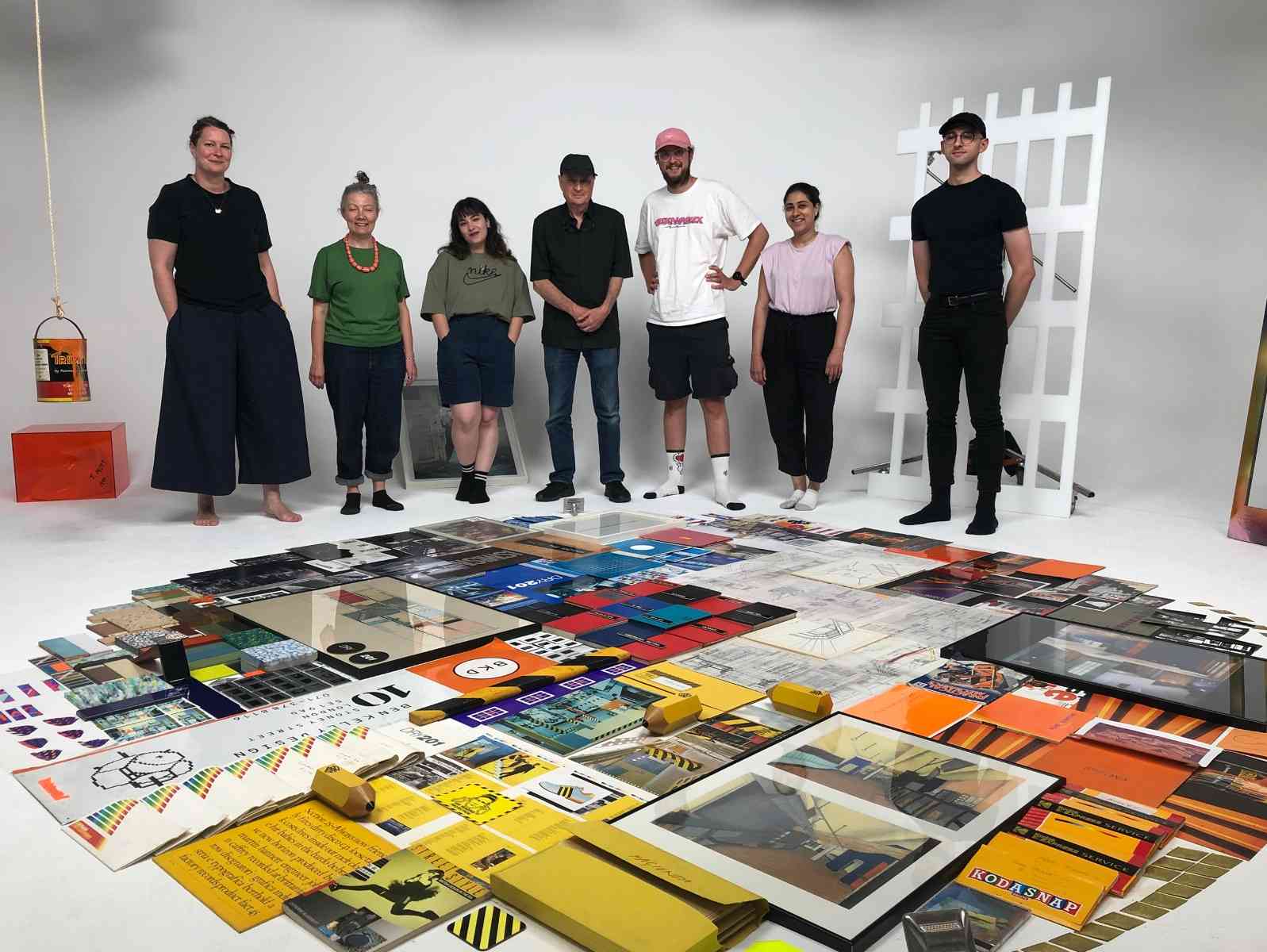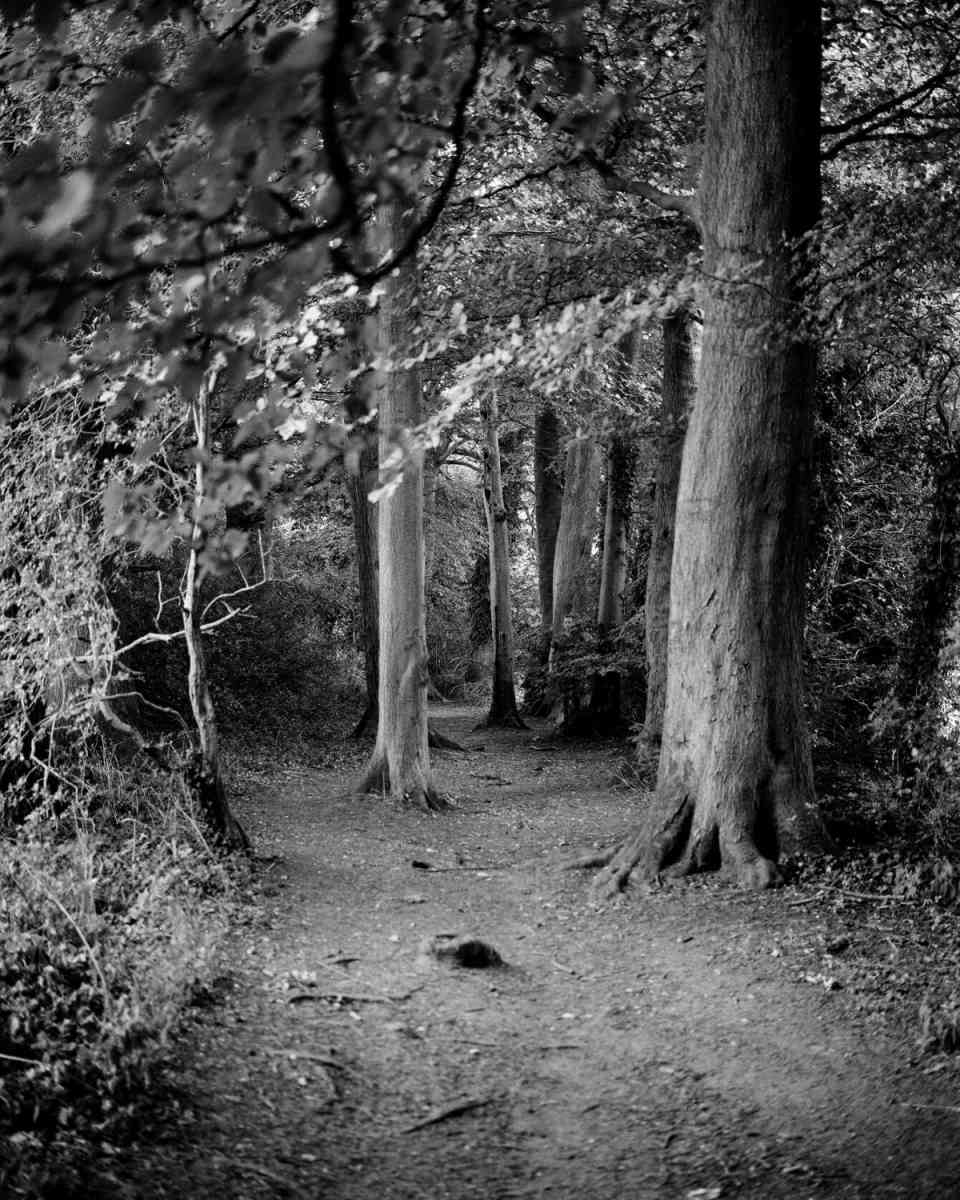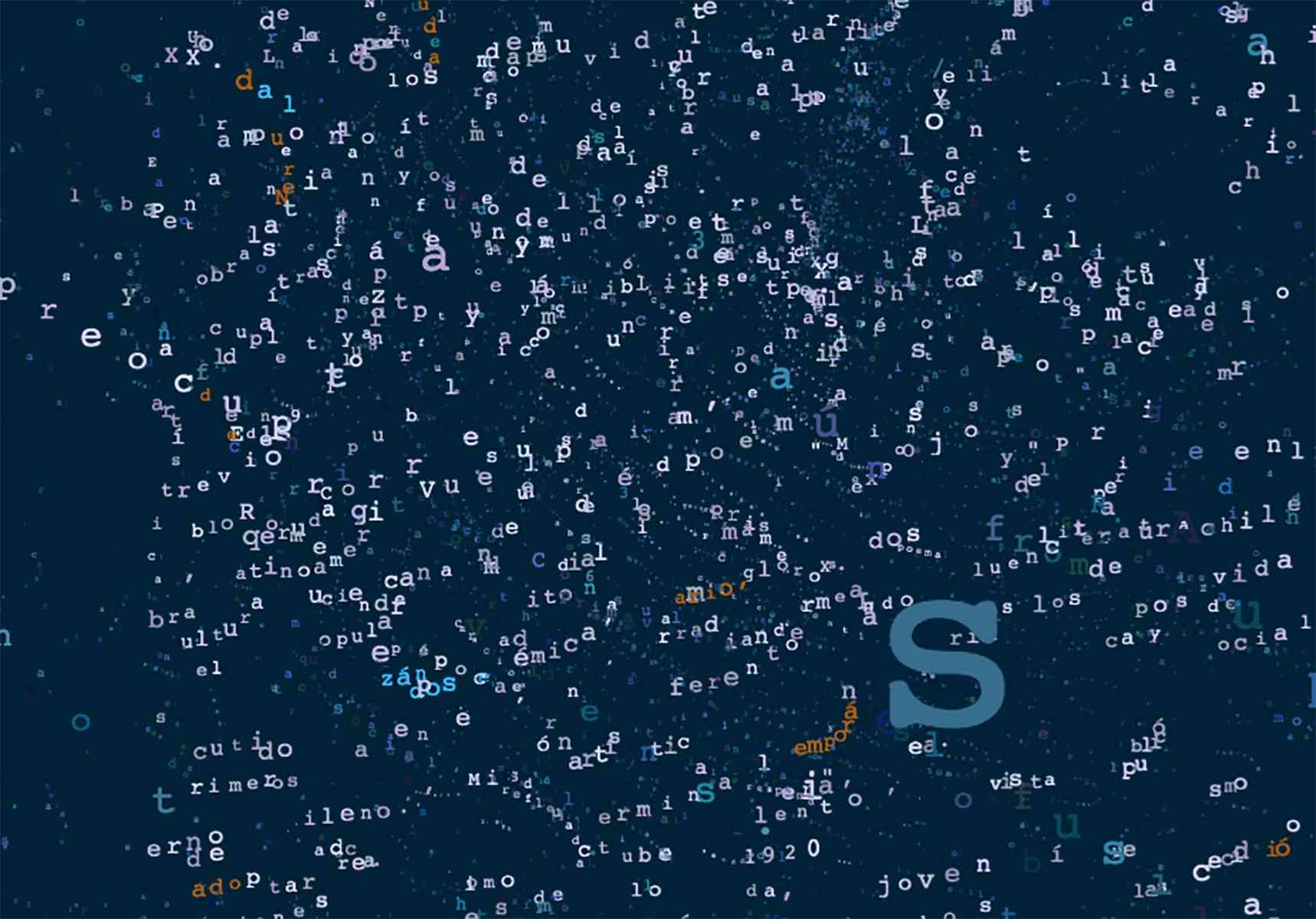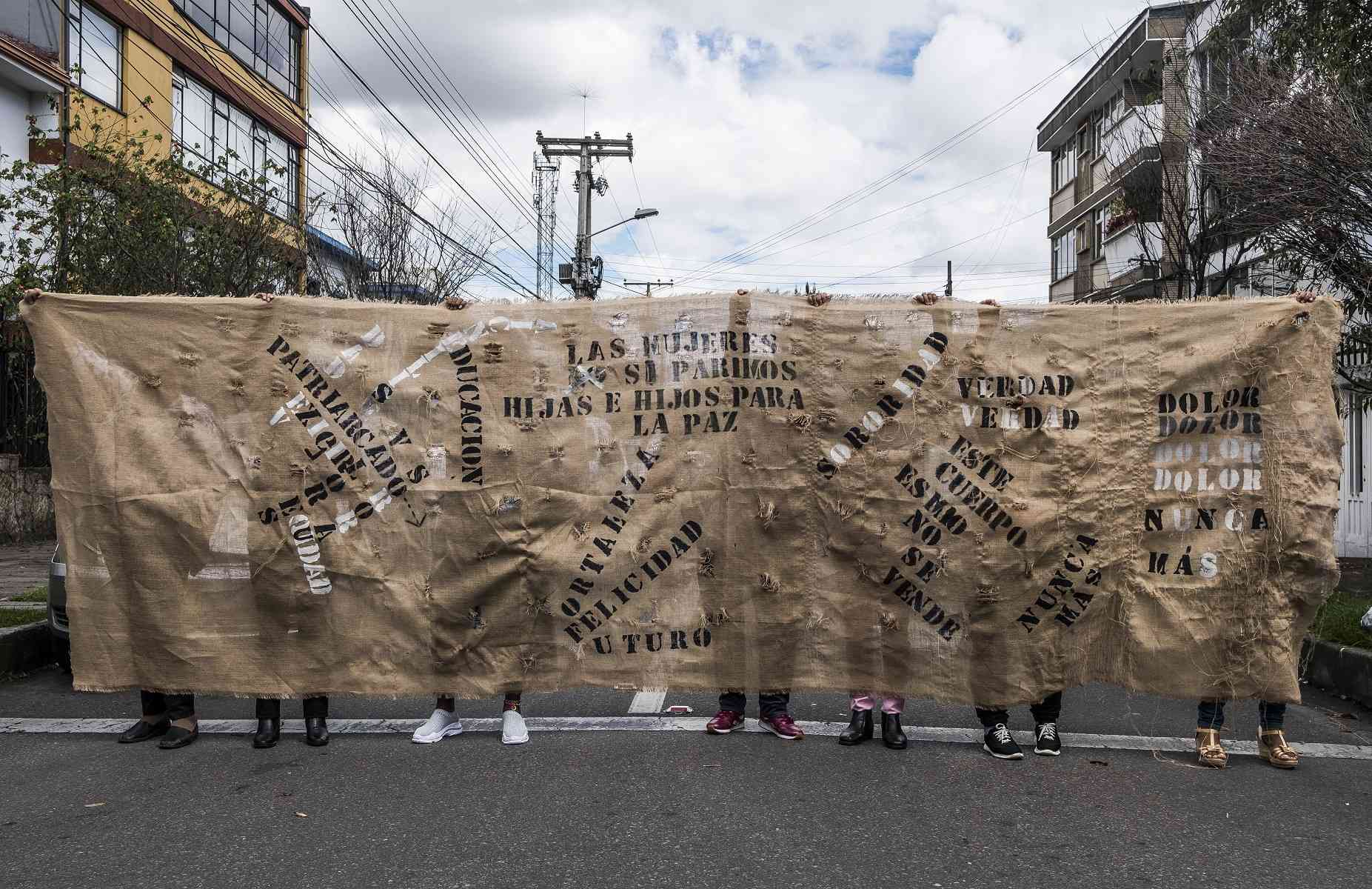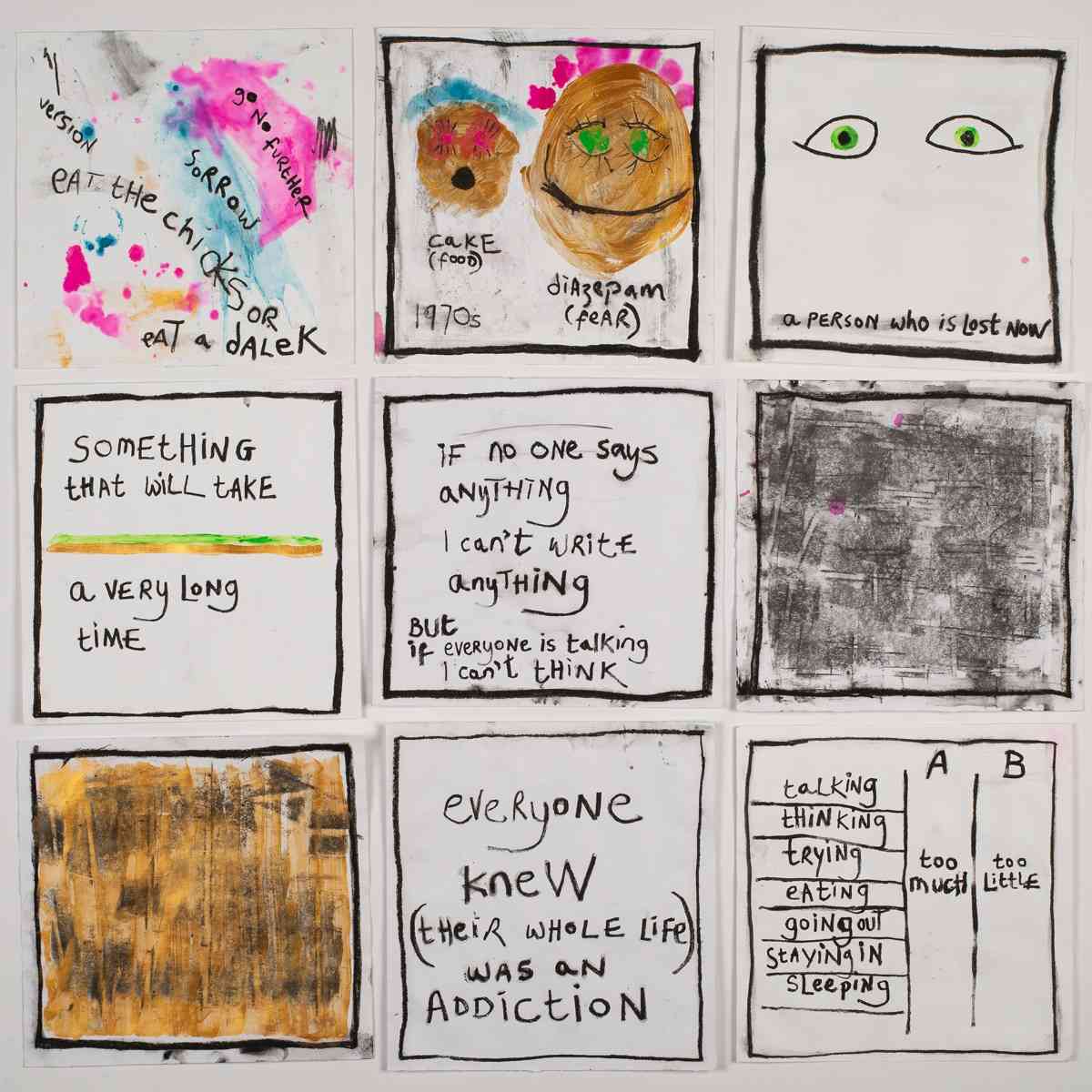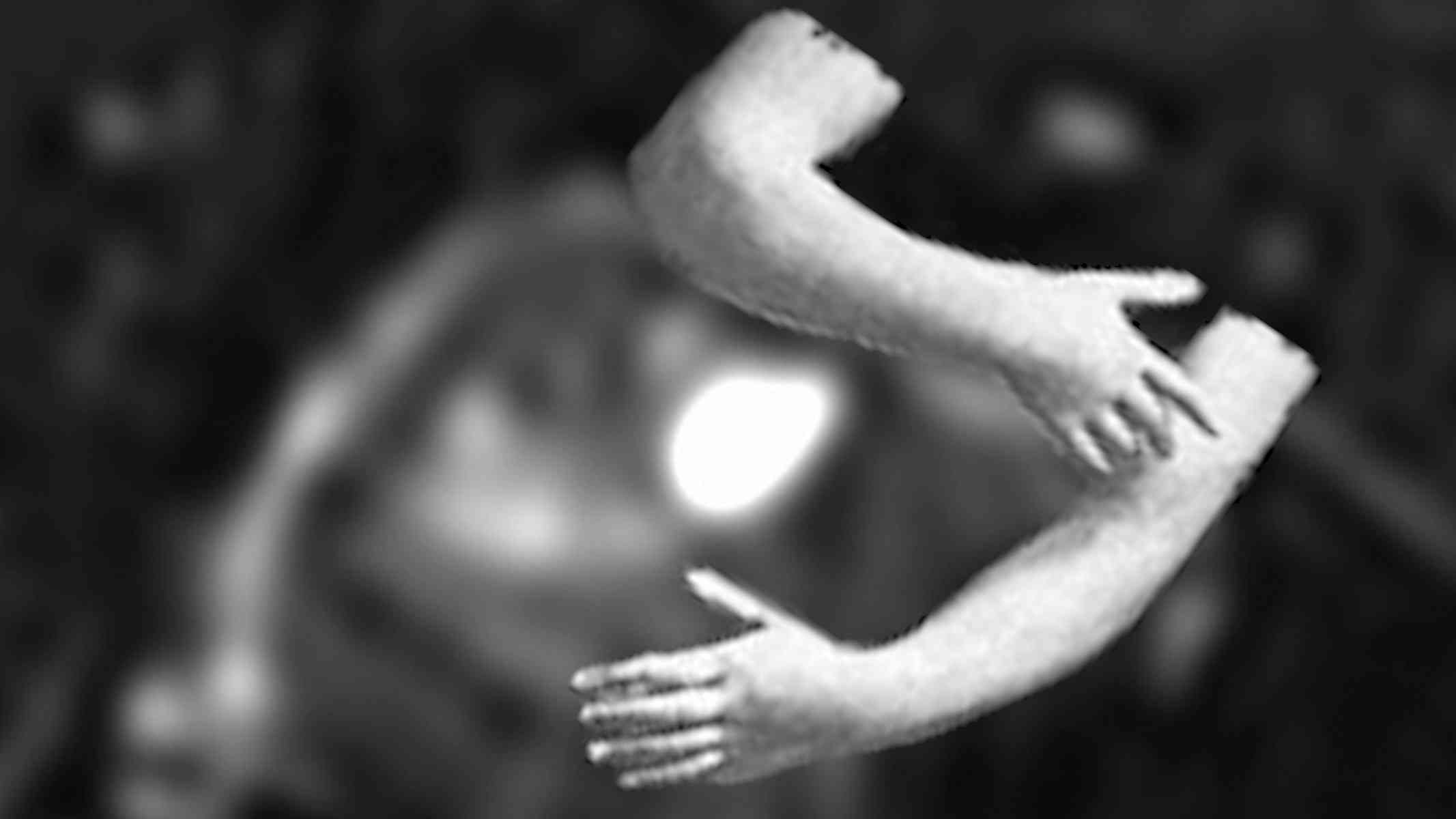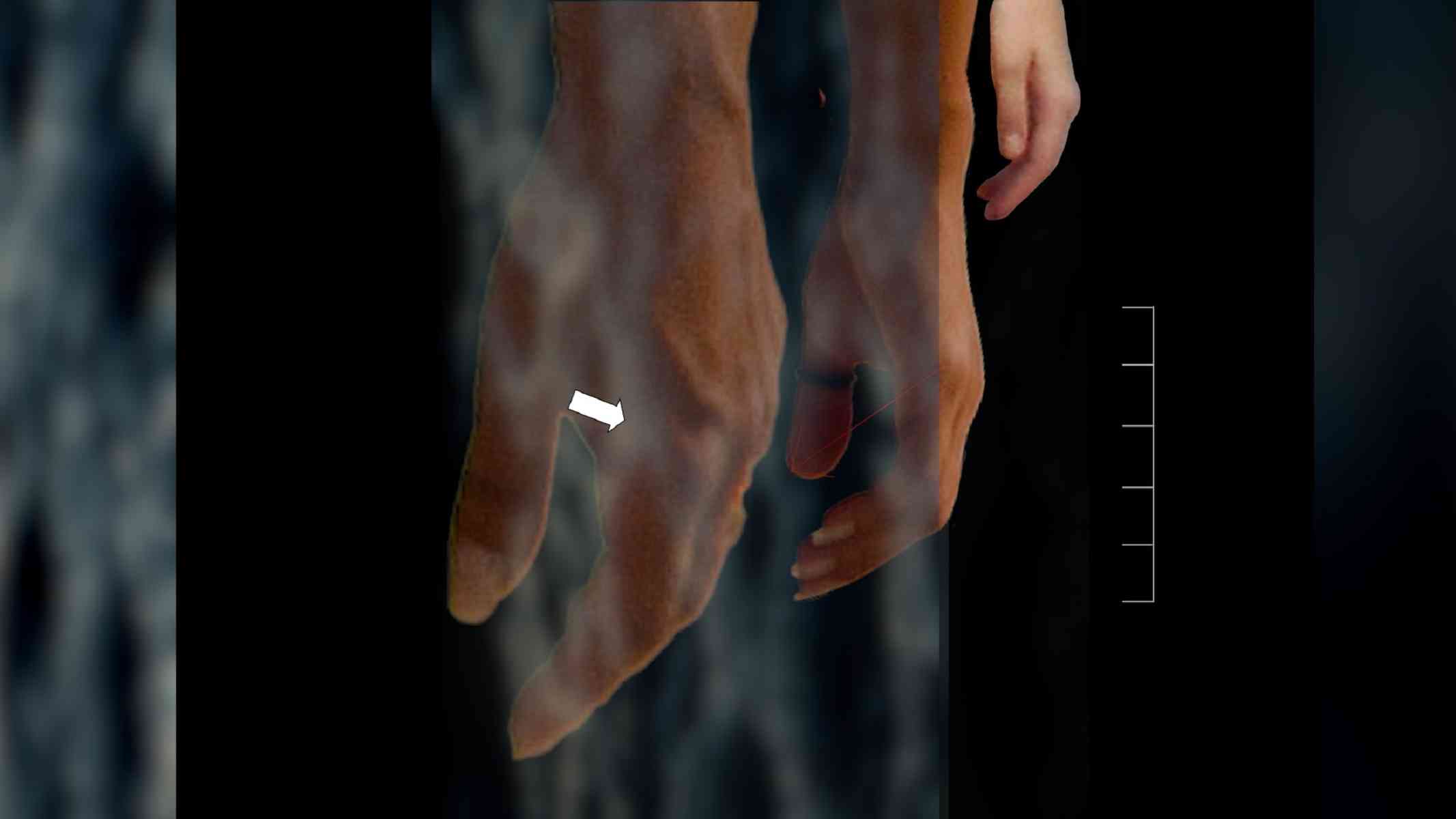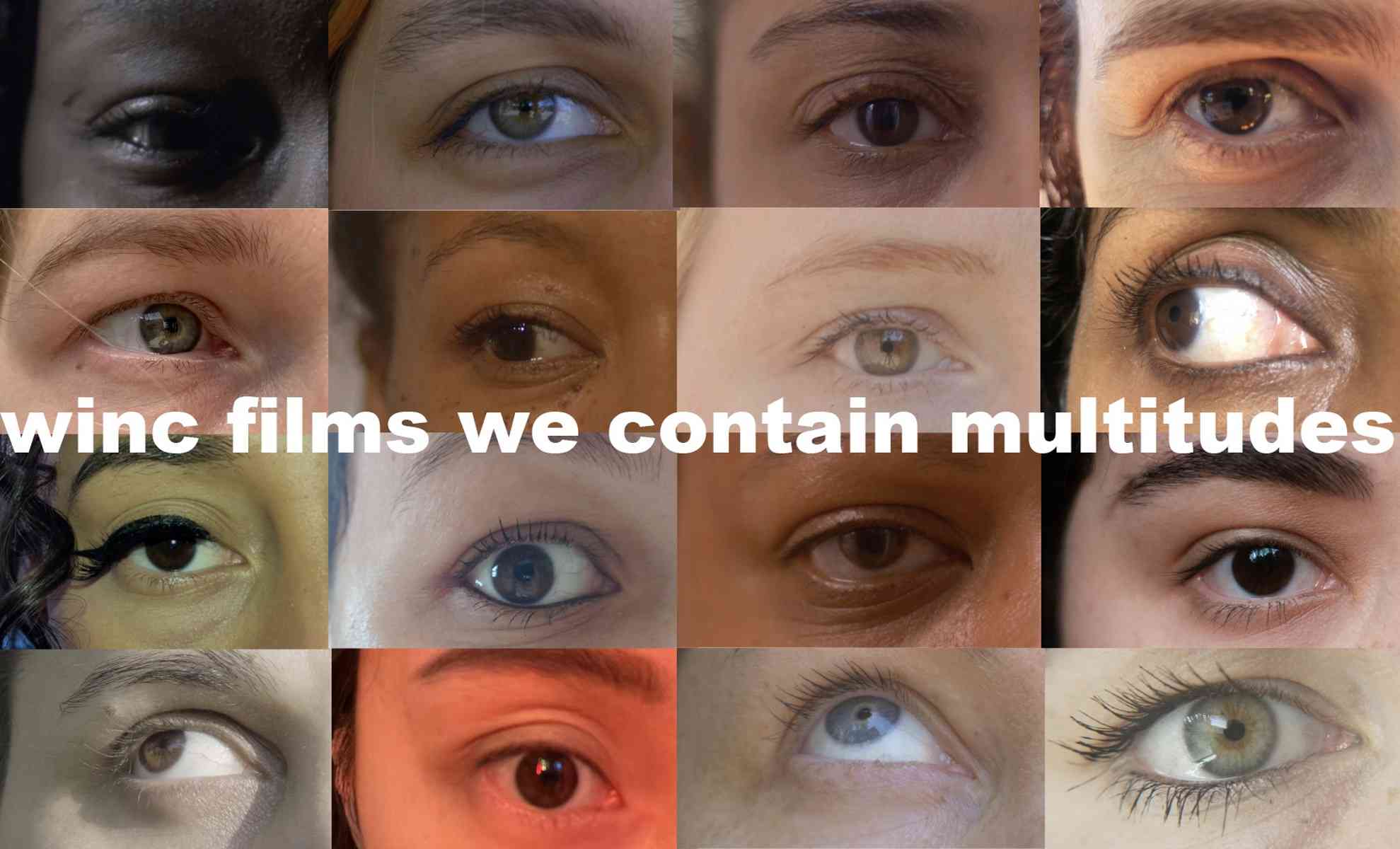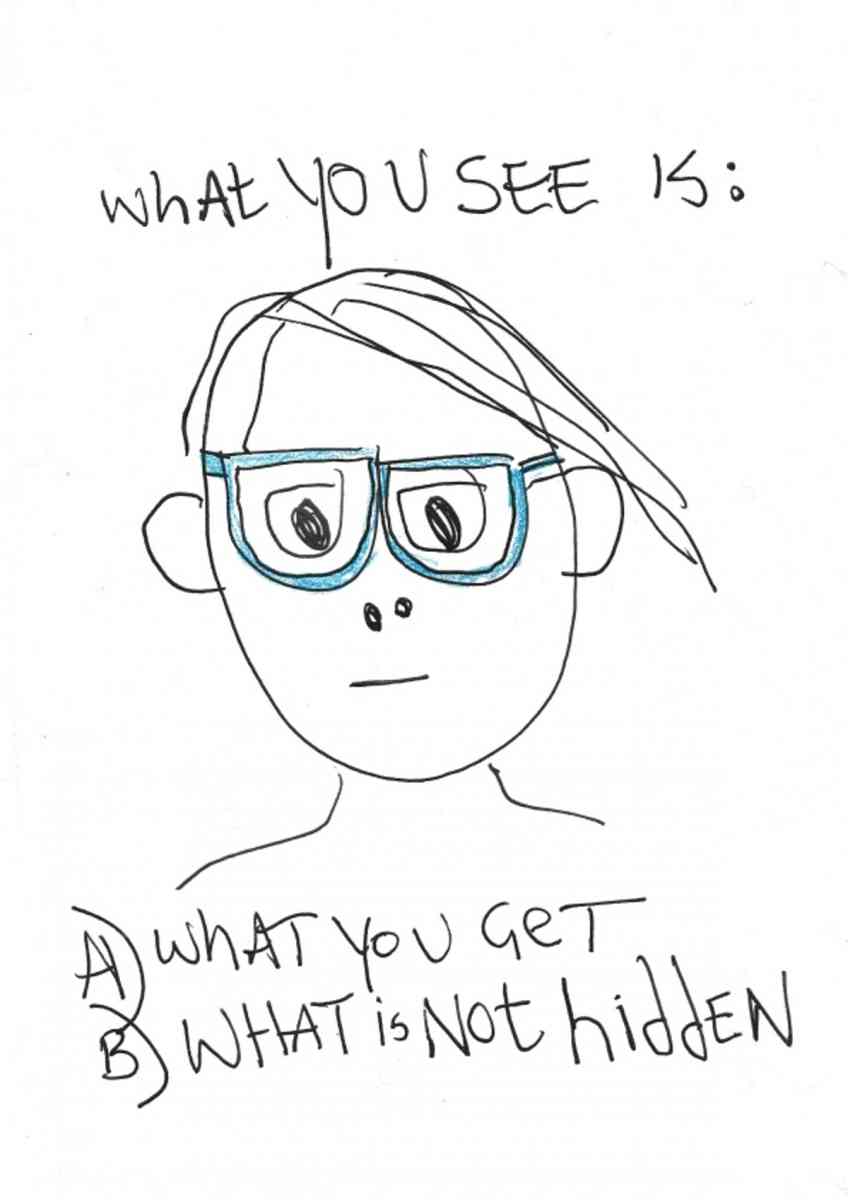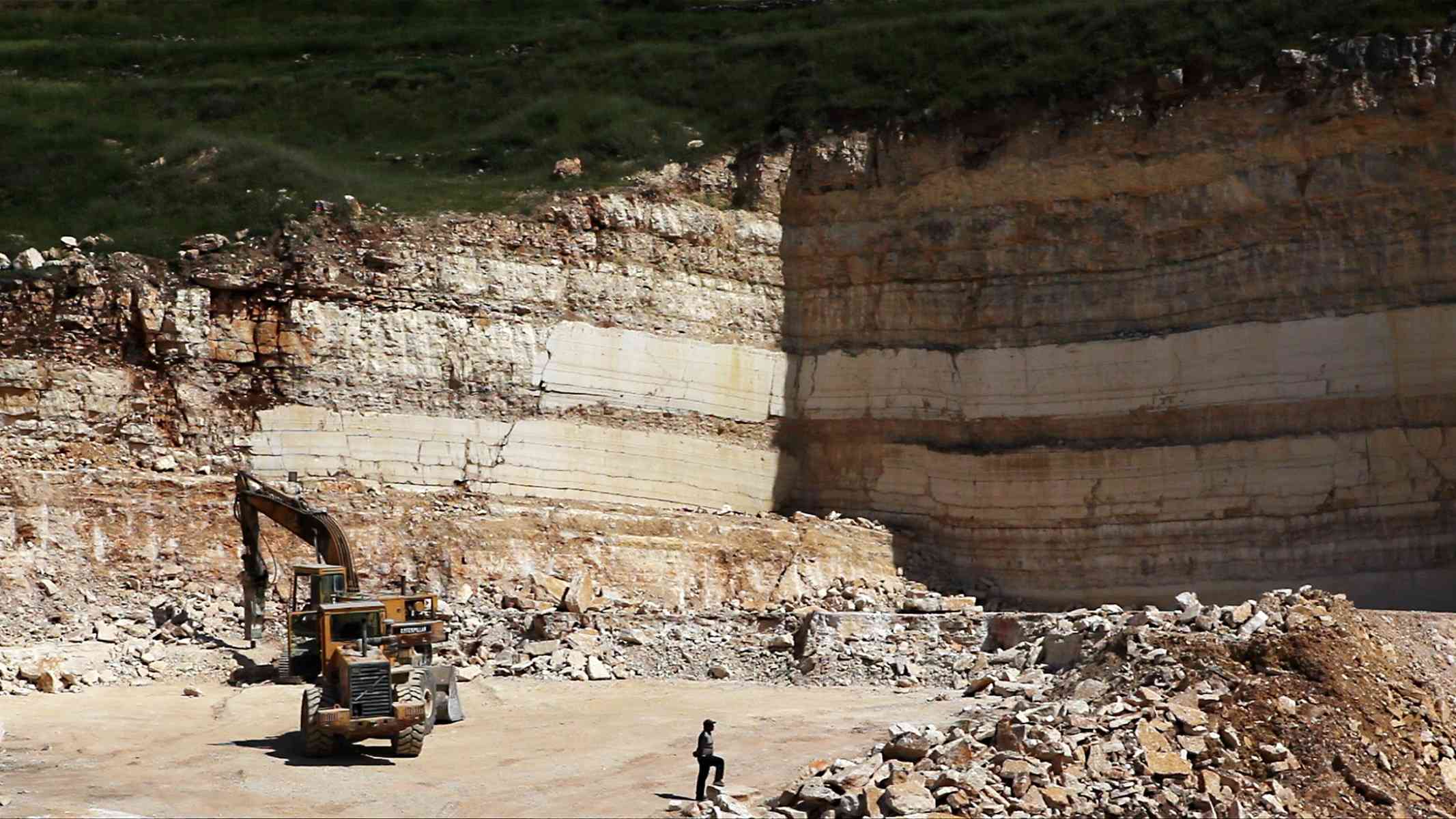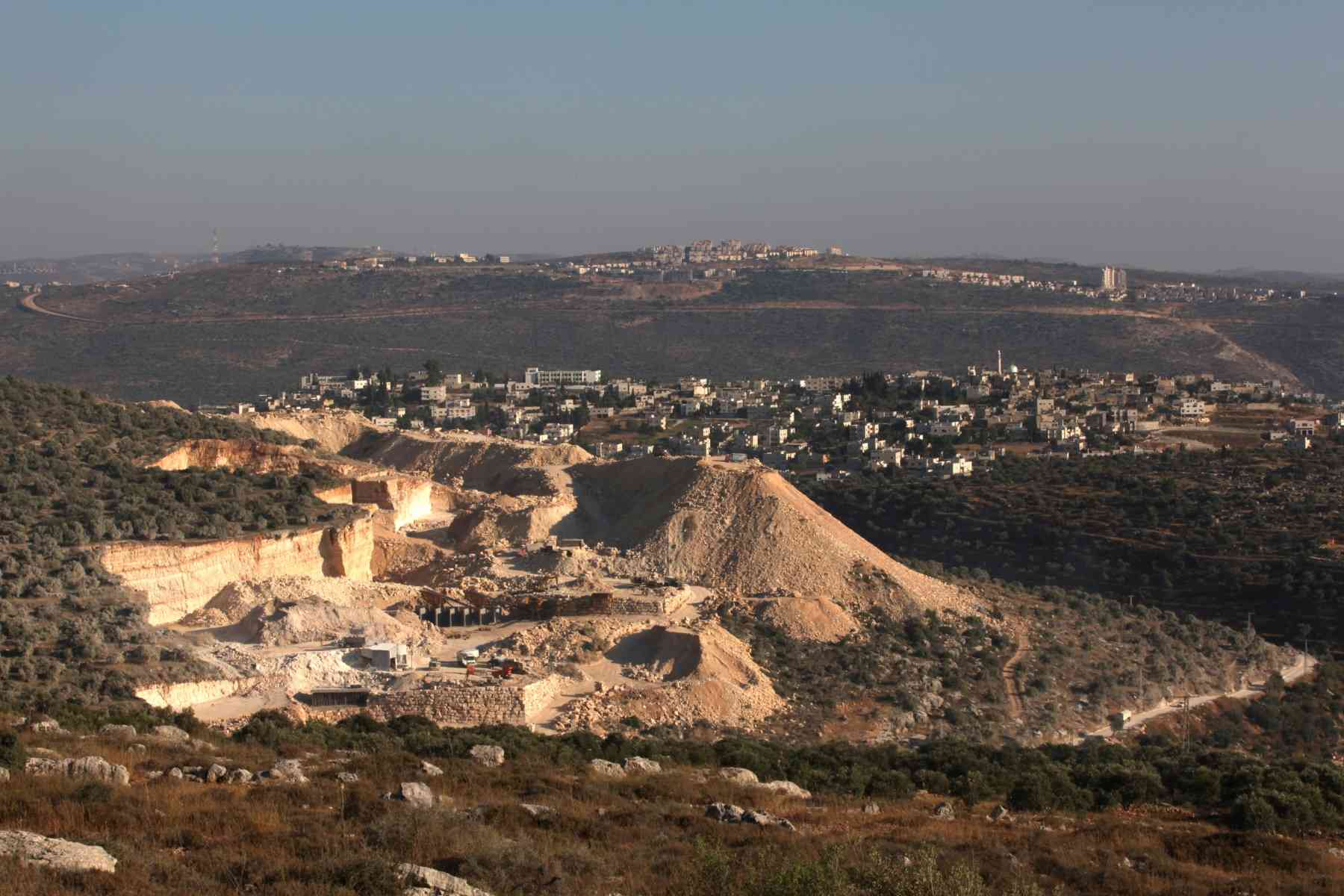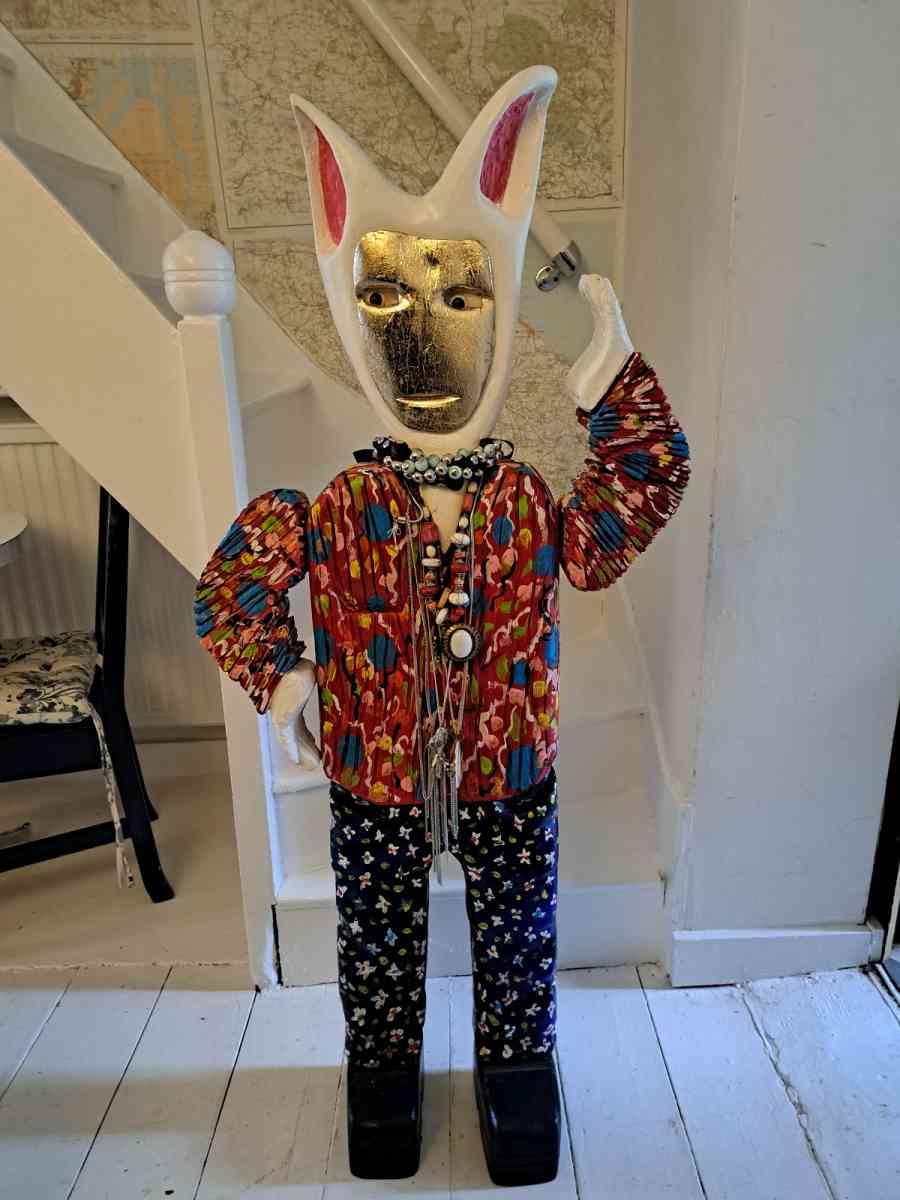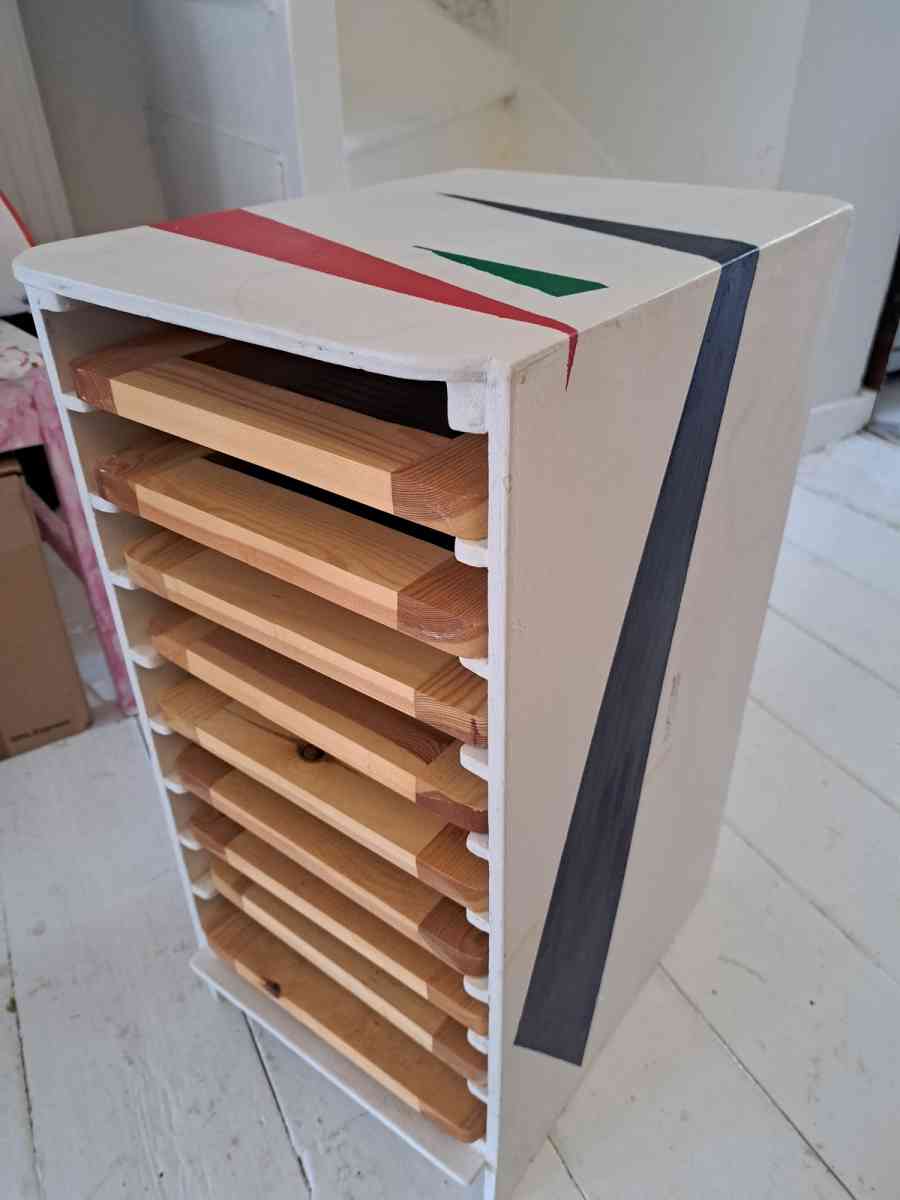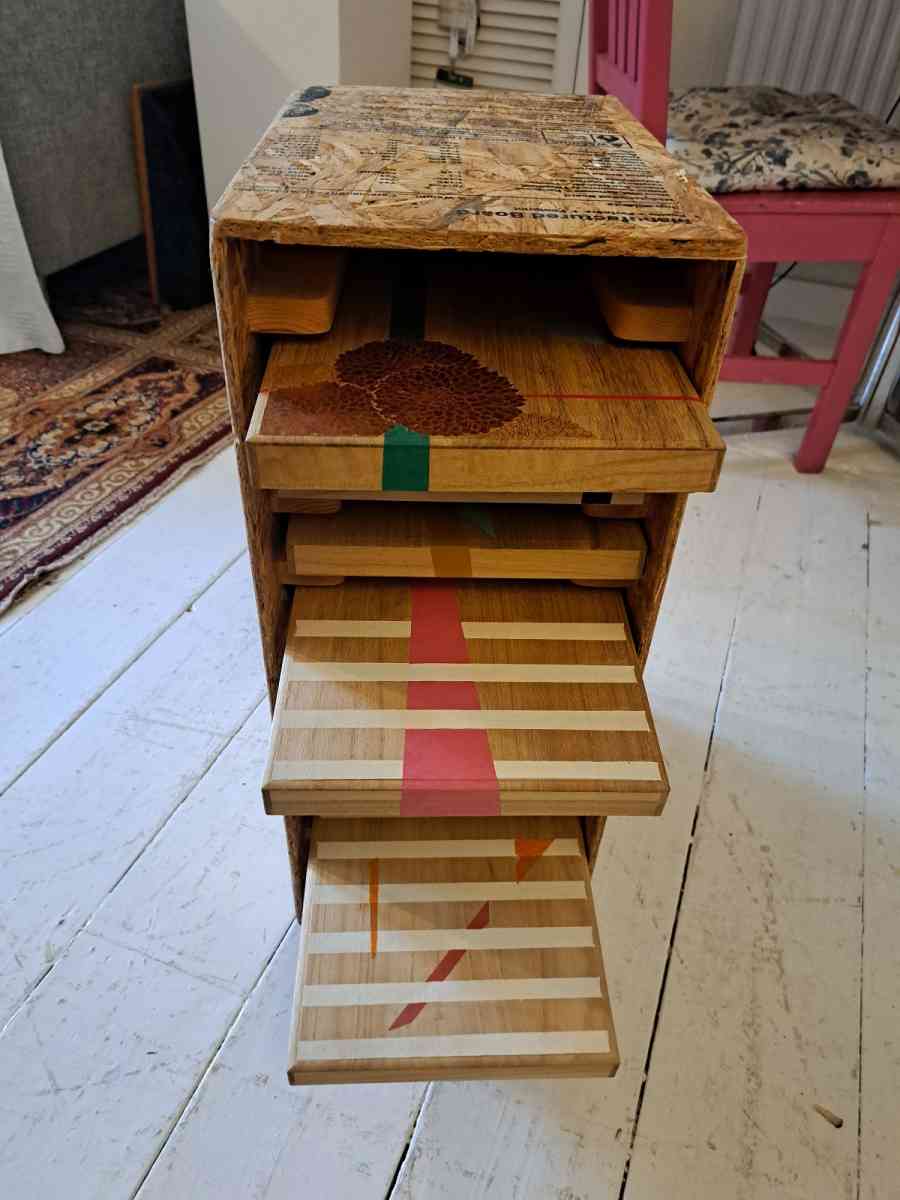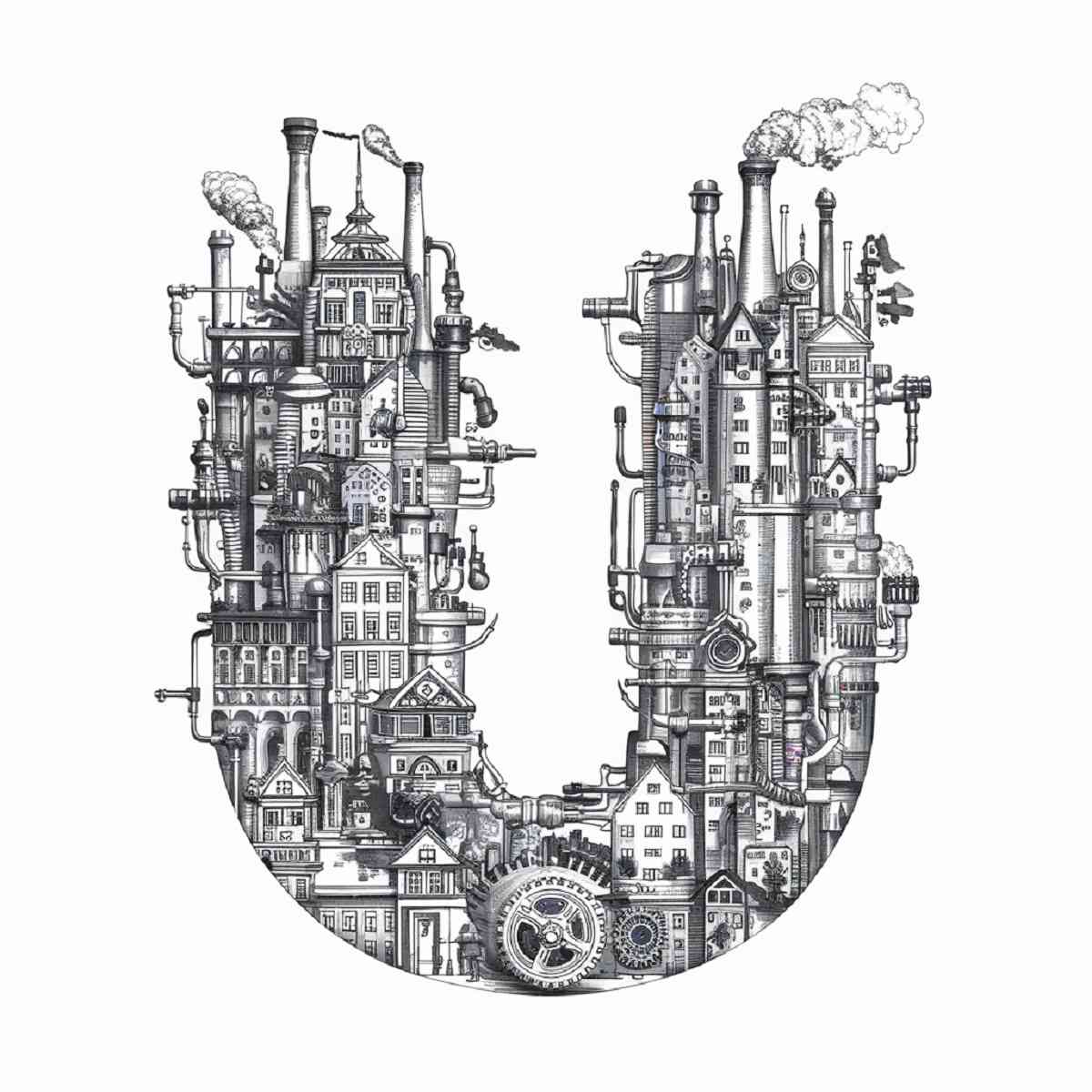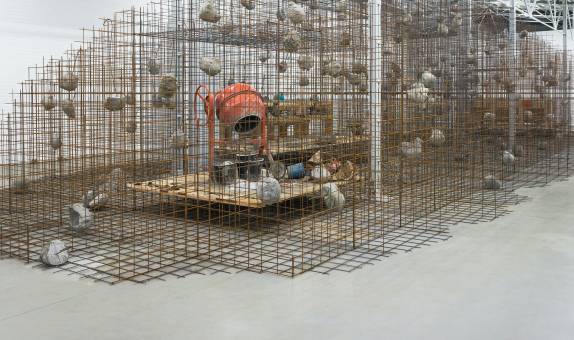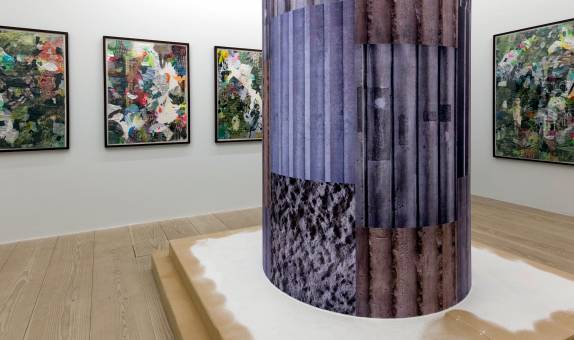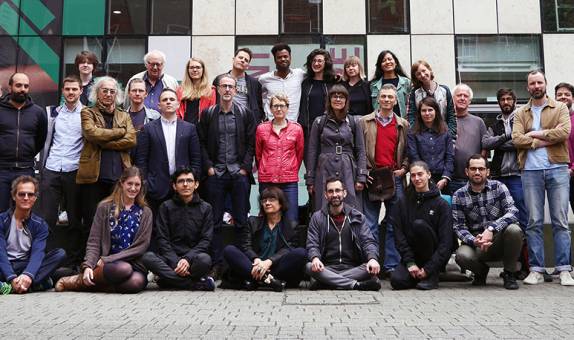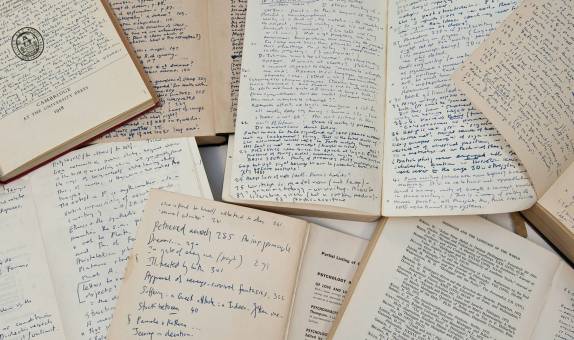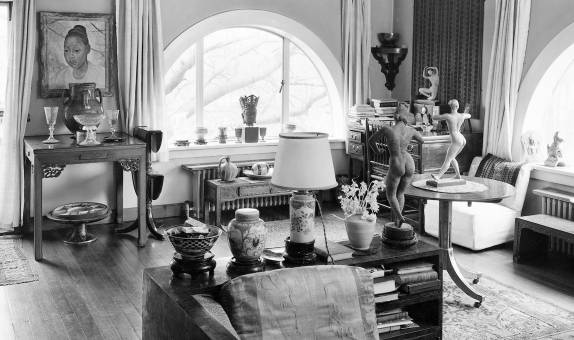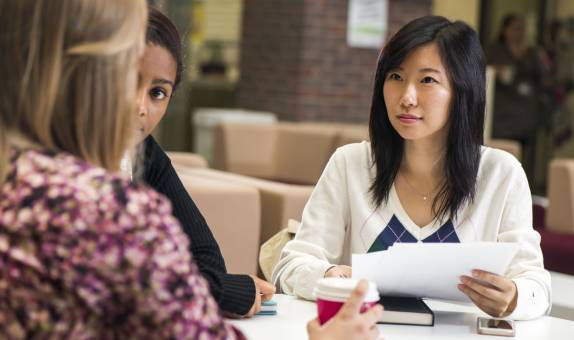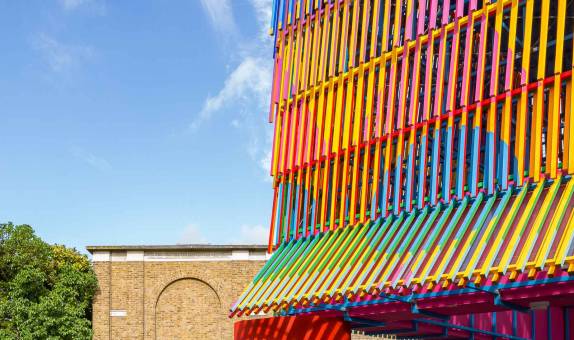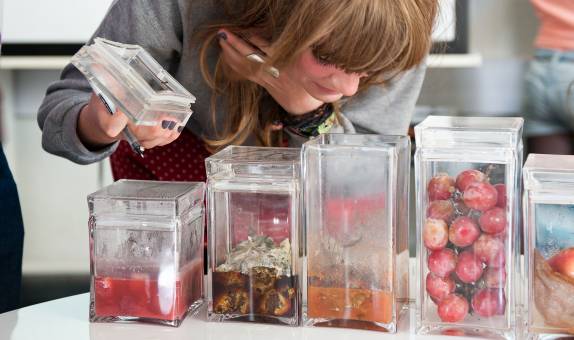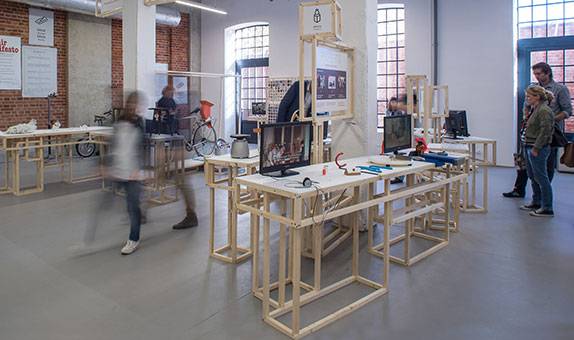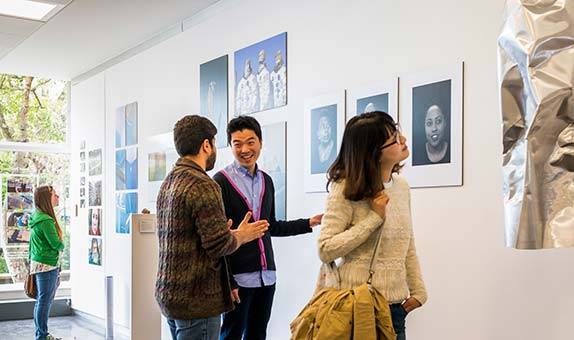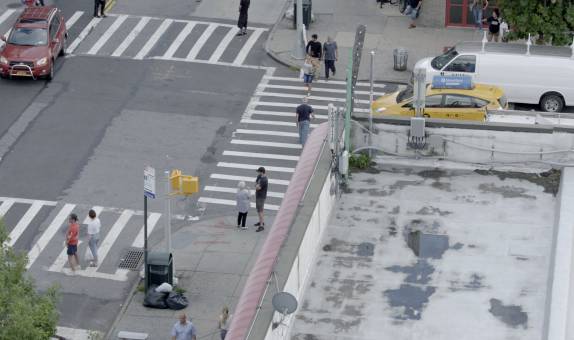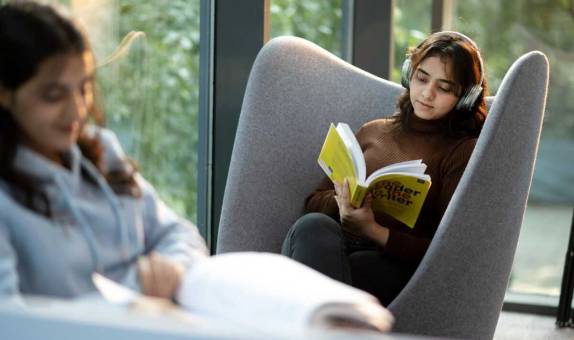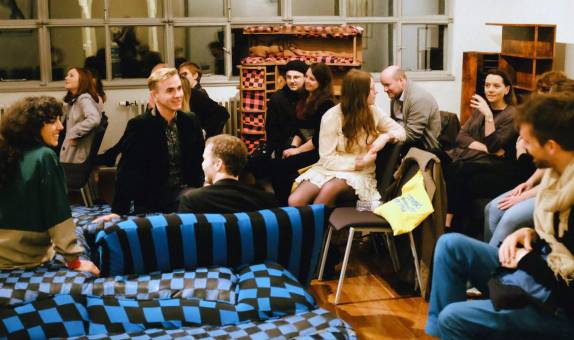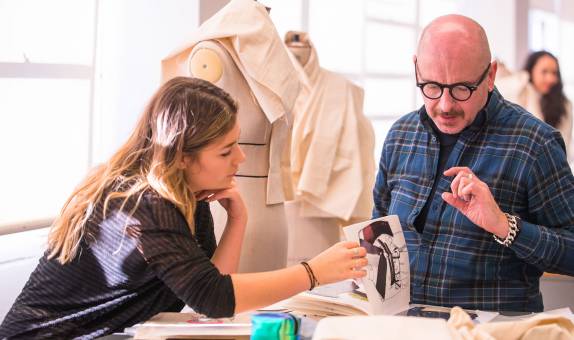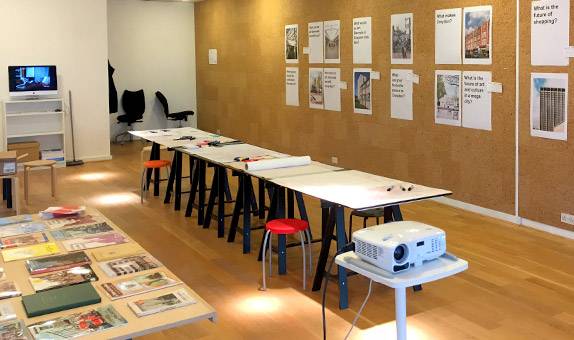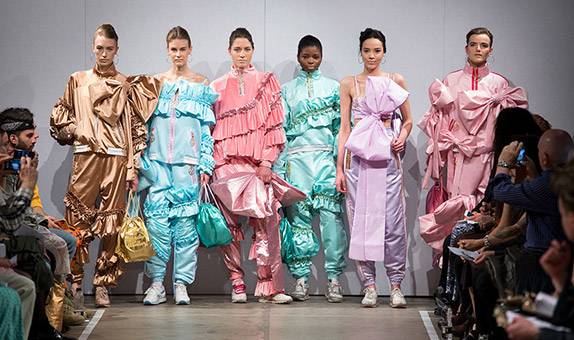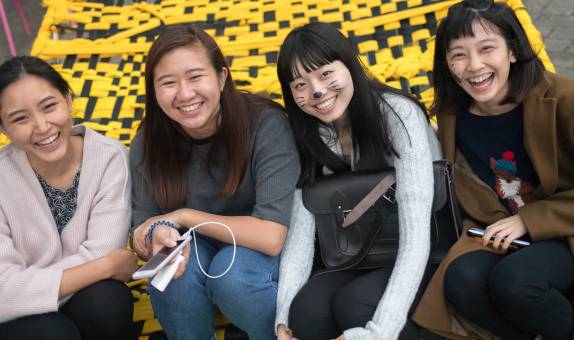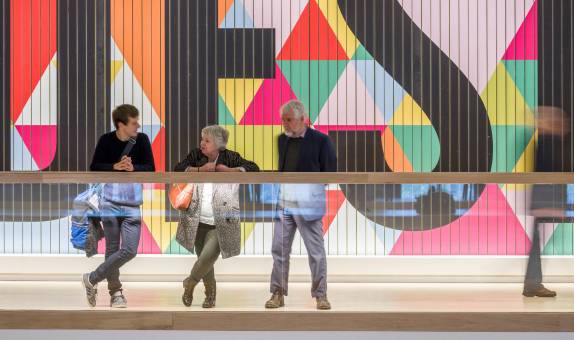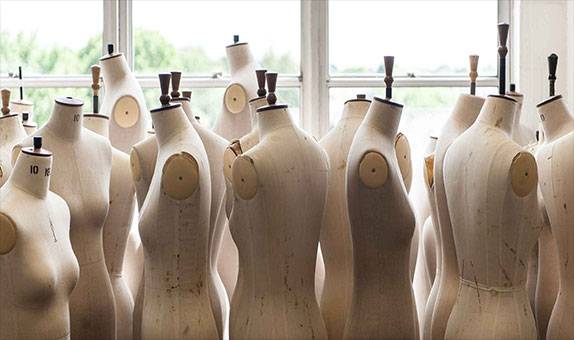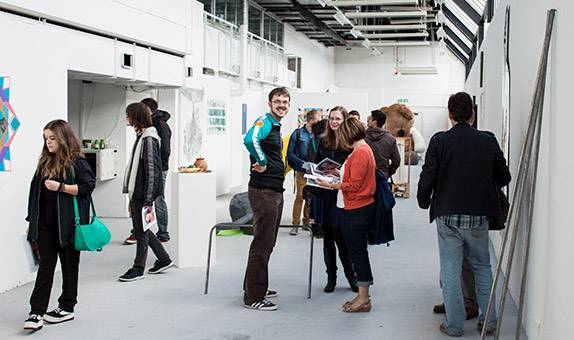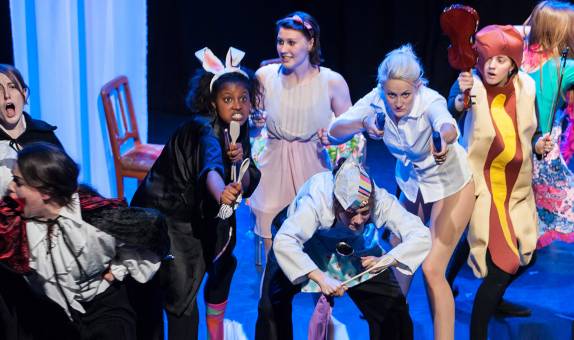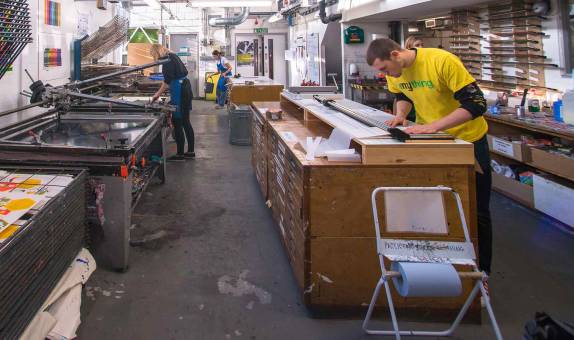Sound/Image/Media Encounters
About us
Sound/Image/Media Encounters (SIME) is a research group that explores practice in film, moving image, photography, sound digital media, animation, interactive work, virtual and augmented realities as well as wider forms of media practice and theory engaged in artistic enquiry.
We are an inclusive, participatory entity, propelled by an entanglement of questions, raised by diverse practices and shared activity.
SIME researchers include filmmakers, photographers, digital artists and doctoral researchers (practice & theory), technical staff and alumni from across Kingston School of Art (KSA) along with associated members, engaged with individual, group and institutional dialogues and exchange.
Our research has been supported by the Arts and Humanities Research Council (AHRC), Arts Council England, Welcome Trust to collaborate in interdisciplinary projects with national and international institutions and engage with community projects.
SIME is interested in generating experimental initiatives and industry partnerships alike. These include archival, curatorial, festival and/or exhibition-based research projects and online/offline dissemination.
We support ventures at the cusp of stillness and moving image, as well as the constant emergence of new digital practices, raising questions on political, cultural, historical and ‘pioneering' aspects of contemporary imagining, addressing contested sites and otherwise excluded voices.
Partnerships have included the British Film Institute (BFI), The Institute of Contemporary Arts (ICA), The Photographers Gallery and The Welcome Collection, amongst others. We welcome approaches from similar research organs to develop inter-organisational projects, outputs and approaches to impact.
Research CLUSTERS:
The Possible Plausible Preferable and Collective Practices.
Gallery of our work
Programme of events
Our programme of events and activities has included
- 'The Fiction Machine: Genre as Reparation', A Roundtable at South London Gallery with Elan Gamaker and Michelle Williams Gamaker which explored how film genre continues to expand its potential as carrier of political message, field of activism and site of thematic play (2024).
- 'Image & Media Encounters' symposium one-day research sharing event at the Institute of Contemporary Arts inspired by three broad themes: collectives, communities & inclusion /possible, probable & preferable / ecologies, spaces & geographies (2022).
- 'Moving Images, Institutional Bodies' symposium at the ICA, curated by Astrid Korporaal that explored the creative and ethical use of moving image, film and photography as a medium for engaging with contested institutional collections, archives and histories. Specifically, institutions connected to the incarceration, exploitation and separation of bodies and objects from specific social, geographical, and cultural contexts (2021).
- The 'Sensitive Film' series, realised in association with the Institute of Contemporary Arts (ICA) London, exploring the collaborative potential embedded in image-making from the perspective of editing, design and cinematography. Invited contributors to this series have included Claire Atherton (Chantal Akerman's editor), David Raedeker (Joanna Hogg's cinematographer on 'The Souvenir', parts I and II) and Chu-Li Shewring, sound designer); speaking on their methods and perspectives (2020).
- We also support the BBC/ACE New Creatives scheme, commissioning short-form film and audio works by emerging creatives.
Research seminars
Recent ongoing research seminars have included:
- Screening and discussion of 'Constant' by Sasha Litvintseva and Beny Wagner – a journey through the social and political histories of measurement.
- Nana Varveropoulou photographic practice and research that focuses on issues relating to human rights and social justice, often through the process of collaboration.
- Holly Antrum's collaborative doctoral research Writing a lens: how might the formal structures of the film archive be subverted through fictioning within artist moving image? facilitates the becoming of a narrator and a matrilineal counterpart.
- Oraib Toukan and her long-standing research on 'Cruel Images' and the question of how to treat them as both object and subject through artistic practice.
- Xavier Ribas photographic work that investigates contested sites and histories, and geographies of abandonment with a presentation of his two AHRC funder projects.
- Xavier Sole-Mora, Technocatharsis is an experiential simulation that encapsulates the frustration, excitement, and anxiety associated with keeping abreast of cutting-edge technology.
- Dr Owen Brierley, Digital Empathies exploring multiple forms of synthetic experiences, ranging from bioinformatics simulations to reinforcement learning.
- Bettina Malcomess presents her practice which crosses a diverse set of media and forms, ranging from long duration performance to the staging of shorter interventions, and installation projects to the book as site of practice. She produces performances under the name Anne Historical.
- Julie Pfleiderer discusses her film Das Retiree or the last house of my father (43min, 2022) and its relationship to her ongoing research into the intersection of film and architecture.
- Nicola Field presented her doctoral autoethnographic research within a framework of historical materialist analysis.
- Q&A with Dr Silvia Casini facilitated by KSA PhD researcher Mandy Eugeniou. Themes related to the body, care, medical visualisations, emerging technology, affective images, situated practices, craft, choreography and her art-science collaborations in an age of biopolitics.
- Vinicius Marquet ran a workshop on interactive, hypertextual narratives using Twine.
PhD supervisors
- Dr Elan Gamaker – Screenwriting as practice research, practice research, essay film, genre, global cinema.
View Elan's staff profile. - Dr Valentina Ippolito – Cinema of migration including but not limited to European cinema; national/transnational cinemas; women's cinema; gender studies; cinematic identity representation in cinema of minorities and emigre cinema; indigenous filmmaking and practices; documentary film practice and photography.
View Valentina's staff profile. - Associate Professor Maria Mencia – Creative research practice at the intersection of language, art and digital technology; Electronic Literature, e-poetry, digital art, co-creative works.
View Maria's staff profile. - Dr Judy Rabinowitz Price – Still and the moving image; the ethnographic and documentary turn in contemporary art, film and the photographic; entanglements and encounters in art, history, geopolitics, spatial relations; contested sites and collective struggles; decolonial ecologies; archival research.
View Judy's staff profile. - Dr Felicity Hammond – Digital technologies; artificial intelligence; mining the photographic; urban materialities; planetary concerns. View Felicity's staff profile.
- Abbe Fletcher – Collective creative practice, film collectives, documentary, experimental film, filmmaking and family life, women filmmakers, craft and making on film, play in practice.
View Abbe's staff profile.
Co-Directors
- Dr Maria Mencia
Email: m.mencia@kingston.ac.uk - Dr Judy Rabinowitz Price
Email: j.price@kingston.ac.uk



